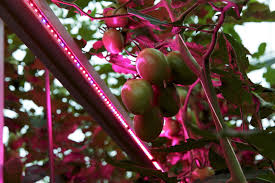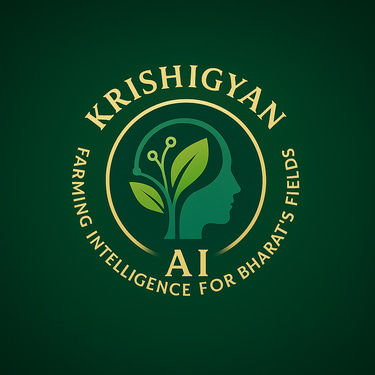Organic Farming Meets Technology: A New Era
Organic farming has long been associated with going “back to basics”—a return to natural cycles, chemical-free cultivation, and soil health. But in 2025, organic no longer means manual, traditional, or low-tech. We’re entering a new era where technology and tradition are working hand-in-hand, enabling organic farmers to scale sustainably, minimize risks, and optimize results — without compromising ethics or ecology. So, how exactly is technology transforming organic agriculture? And where does AI-powered decision-making fit in? Let’s explore.
HawkEye
5/9/20251 min read


Why Organic Needs Tech Now More Than Ever
With the global demand for clean, traceable food rising, organic farming faces increasing pressure to deliver:
Higher productivity per acre
Resilience to climate change
Efficient resource use
Consistent quality and safety
Certification and compliance transparency
And this is exactly where smart technology steps in — not to replace the organic philosophy, but to enhance it.
7 Ways Technology Is Reshaping Organic Farming
1. AI-Backed Soil Health Monitoring
Organic farming begins with healthy soil. AI now helps analyze pH, organic matter, moisture, and microbial activity to make data-driven soil enrichment plans using compost, biofertilizers, and cover crops.
2. Predictive Pest & Disease Management
Without chemical pesticides, organic farmers rely on natural pest control — which requires early detection and timing. AI image recognition tools now identify diseases or pest infestations from leaf photos or drone footage, guiding non-toxic treatments.
3. Climate-Aware Crop Planning
Organic yields are often vulnerable to extreme weather. AI-powered models help forecast climate impacts, suggest ideal planting windows, and recommend drought-tolerant organic varieties.
4. Smart Composting Systems
Organic farmers depend on compost. IoT sensors now monitor temperature, moisture, and carbon-nitrogen ratios in real time to ensure nutrient-rich, pathogen-free compost.
5. Water Efficiency Tools
Drip systems and smart irrigation, powered by sensors and AI, ensure optimal watering with zero waste — crucial for organic farms where soil moisture balance is key.
6. Blockchain for Organic Traceability
Consumers demand proof. Blockchain-powered records track the entire lifecycle of your produce — from seed to store — ensuring transparency and helping farmers comply with organic certifications.
7. Digital Market Access Platforms
With AI-curated price forecasts and smart logistics, farmers can now connect directly with consumers, retailers, and co-ops who value chemical-free produce — at better margins.
💬 Got a question? Need help designing a tech-enabled organic model?
KrishiGyan AI is here to resolve all your queries — scientifically, simply, and sustainably.
